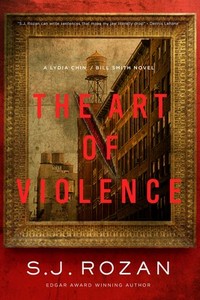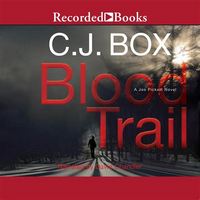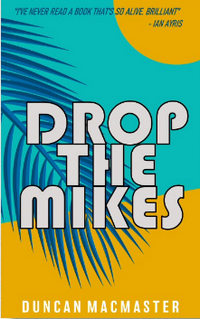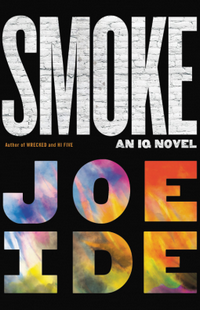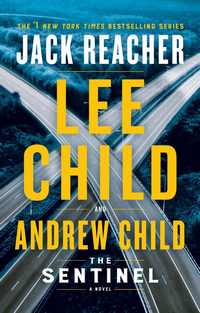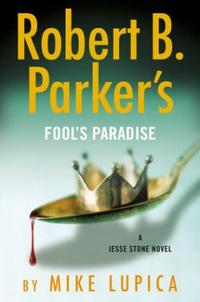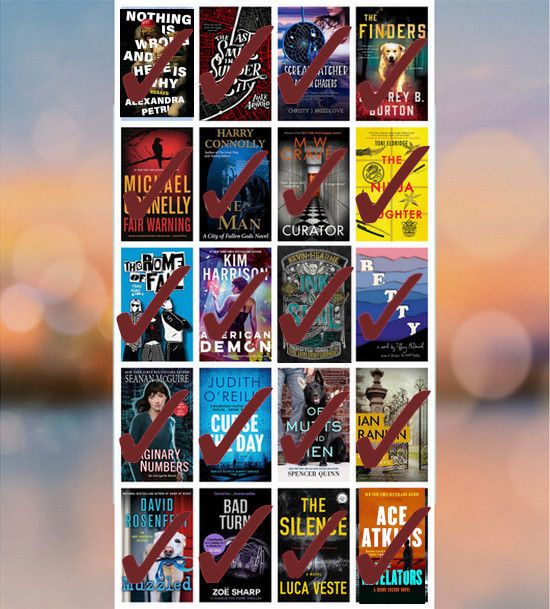Before you read on—if you haven’t read the third book in the Joe Pickett series, Winterkill, you probably shouldn’t read anything else in this post. Really, it’s impossible for me to not ruin Winterkill and talk about this book.
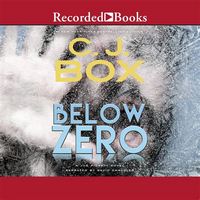 |
Below Zeroby C. J. Box, David Chandler (Narrator) Unabridged Audiobook, 10 hrs., 22 min. Read: March 24-25, 2021 |

Don’t say I didn’t warn you if you haven’t read Winterkill…
What’s Below Zero About?
Joe Pickett’s daughter starts getting text messages from a very unlikely source: April, her foster sister. The sister that Joe watched die in a fire during a horrific FBI raid on a group of survivalists. Joe and Marybeth are skeptical at first—Sheridan is a little skeptical, but she wants to believe. Eventually, they provisionally accept that it is April texting them and Joe heads off to rendezvous with her.
The difficulty comes with April’s traveling companions—she’s fuzzy on the details, but the men she’s with are hurting people. Joe’s able to construct a path of where they’ve been (where they’re headed is pretty murky, though) and pieces together some sort of motive. The victims have been significant polluters in their own way—and he’s pretty sure that one of the killers is an environmental activist and the child of a notorious mobster, who might have been learning a lesson from his father.
Joe now has two goals—track down the person claiming to be April and see if she really is who she claims to be—and learn how she survived, and stop the killings.
The Balancing Act
Behind the murders stands a discussion about environmental concerns vs. real-world solutions vs. way of life in West. This is a theme of the last few books in the series (probably all of the books, it just feels more pronounced). Generally, when I’ve encountered this kind of thing it’s not dealt with very well—the novel preaches at readers about the environment, an unrealistic solution is approved/implemented, or the whole concern is shrugged off (either because it’s too late to do any good* or because the characters don’t accept the legitimacy of the concerns. I love the way Box does this and I wish more authors would learn from him.
* Yes, I realize that it might be too late, but we’re not going to focus on that right now.
Poor Old Lu
I don’t want to say that I’ve disliked Lucy, Joe’s younger daughter. But I’ve never been taken with her as I have been with the rest of the family. She’s too much like her grandmother I guess. She’s about clothes and nice things, not about wildlife or her family or whatever it is that makes Sheridan an interesting character.
But her reaction to the possibility of April being alive? What’s more, her reaction to Sheridan being the sole point of contact between Joe and April? It just broke my heart. I actually wanted her to get to tag along with her dad and sister for a change. I hope this is a sign of things to come and that I finally get the chance to get invested in the character.
David Chandler
I’ve got nothing to say here that I haven’t said before. Chandler is Pickett in my mind. When the TV series starts, I’m going to be comparing Michael Dorman to him (and I think Dorman’s not going to fare too well).
So, what did I think about Below Zero?
I hated, hated, hated the way that Box brought April back. This isn’t General Hospital or Days of Our Lives, after all. Also, it ruined some of the gut-punch of an ending of Winterkill. But by the end, Box had won me over and convinced me that it wasn’t the worst idea he’d ever had.
I do wonder how the traveling murderer story would have worked without the April aspect—part of me would have liked a closer focus on that. But I don’t know how much I’d have cared about them without April as a point-of-entry into that story.
I’m curious about where Joe and the family go from here. It’s possible I’ll totally get over my antagonism toward the April story within a book or two, it all depends on what Box does from here.

This post contains an affiliate link. If you purchase from it, I will get a small commission at no additional cost to you. As always, opinions are my own.
![]()




